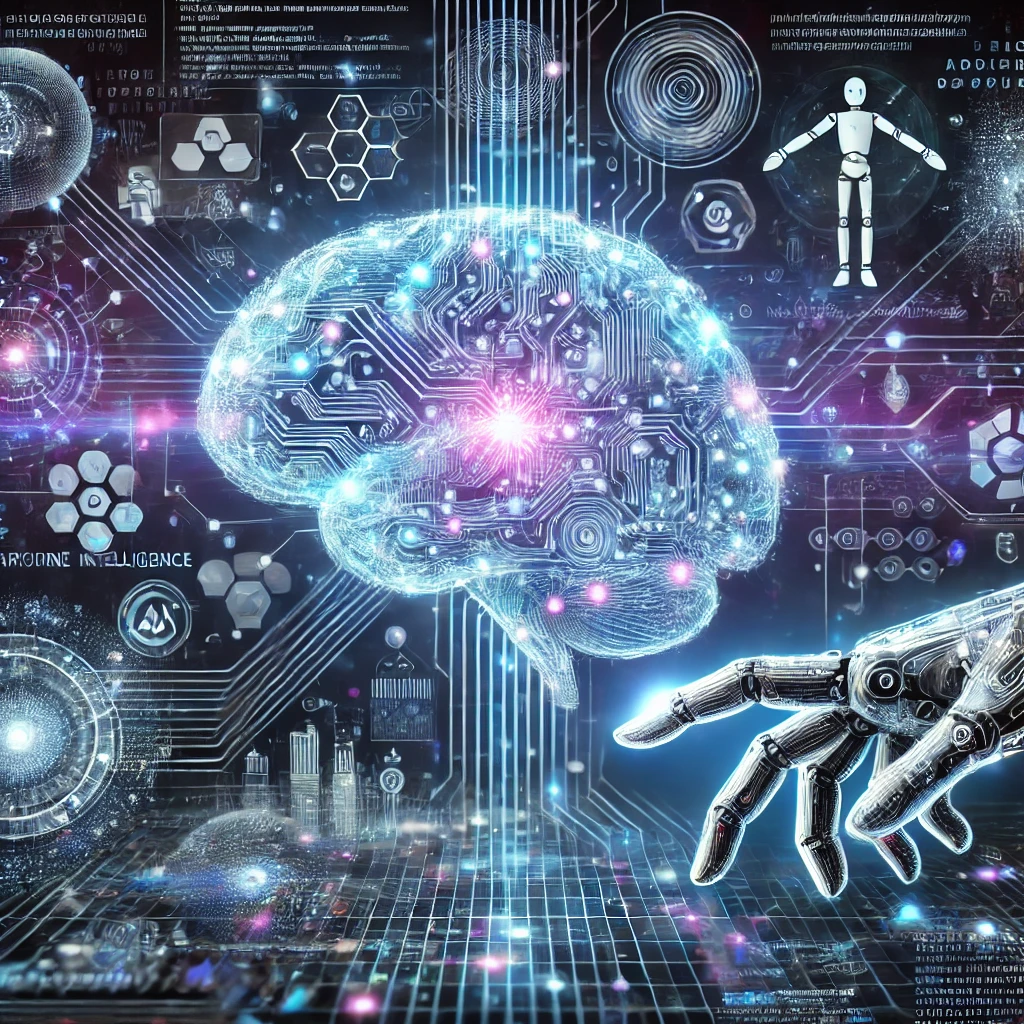Ethical AI and Bias: Navigating the Complex Landscape

Categories:
3 minute read
Introduction
Artificial Intelligence (AI) has rapidly become an integral part of our lives, influencing everything from healthcare to finance. However, the rise of AI has also raised concerns about its ethical implications, particularly regarding bias. Bias in AI can have serious consequences, leading to discrimination, unfair treatment, and erosion of trust. This blog post will delve into the ethical considerations surrounding AI and explore strategies to mitigate bias.
Understanding AI Bias
AI bias refers to the unfair or discriminatory outcomes produced by AI systems. It can occur at various stages of the AI development process, including data collection, algorithm design, and training. Bias can be introduced through biased data, biased algorithms, or biased human intervention.
Types of AI Bias
Representation Bias: This occurs when the training data used to develop an AI model is not representative of the real-world population. For example, an AI system trained on a dataset that primarily consists of white individuals may struggle to accurately recognize individuals from other racial backgrounds.
Algorithm Bias: This occurs when the algorithm itself is inherently biased, leading to discriminatory outcomes. For instance, an algorithm that assigns higher risk scores to individuals from certain neighborhoods may perpetuate existing biases.
Measurement Bias: This occurs when the metrics used to evaluate an AI system are biased, leading to the prioritization of certain outcomes over others. For example, an AI system that is primarily evaluated on accuracy may overlook issues of fairness. Causes of AI Bias
Biased Data: AI systems learn from the data they are trained on. If the data is biased, the AI system will likely be biased as well.
Biased Algorithms: The algorithms used to develop AI systems can be biased if they are designed or implemented in a way that favors certain outcomes over others.
Human Bias: Human biases can be introduced into AI systems through various means, such as biased data collection or biased algorithm design. Consequences of AI Bias
Discrimination: AI systems that are biased can perpetuate or amplify existing discrimination, leading to unfair treatment of individuals from marginalized groups.
Erosion of Trust: AI bias can erode public trust in AI technologies, making it difficult for organizations to adopt and benefit from AI.
Negative Economic Impacts: AI bias can have negative economic consequences, such as limiting access to opportunities for certain groups.
Social Harm: AI bias can contribute to social harm by reinforcing stereotypes and perpetuating inequality. Mitigating AI Bias
Diverse Datasets: Use diverse datasets that represent the real-world population to train AI systems.
Fair Algorithms: Design and implement algorithms that are fair and unbiased.
Regular Auditing: Regularly audit AI systems for bias and take corrective action as needed.
Human Oversight: Ensure that humans are involved in the development and deployment of AI systems to provide oversight and prevent bias.
Transparency and Explainability: Make AI systems transparent and explainable to increase understanding and trust.
Ethical Frameworks: Develop and adopt ethical frameworks for AI development and deployment. Ethical Considerations in AI Development
Privacy: Ensure that AI systems respect individuals’ privacy and data protection rights.
Accountability: Hold organizations accountable for the ethical implications of their AI systems.
Transparency: Make AI systems transparent and explainable to increase public trust and understanding.
Fairness: Ensure that AI systems are fair and unbiased.
Human Control: Maintain human control over AI systems to prevent unintended consequences. Conclusion
AI has the potential to transform society for the better, but it is essential to address the ethical challenges associated with bias. By understanding the causes and consequences of AI bias and implementing strategies to mitigate it, we can ensure that AI is developed and deployed in a responsible and ethical manner. As AI continues to evolve, it is crucial to remain vigilant and proactive in addressing the ethical implications of this powerful technology.
Feedback
Was this page helpful?
Glad to hear it! Please tell us how we can improve.
Sorry to hear that. Please tell us how we can improve.